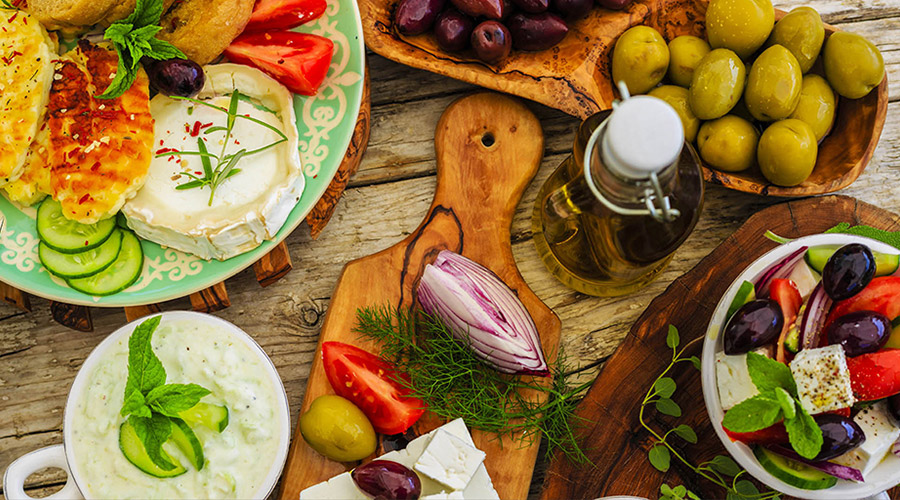
5 Ways to Incorporate the Mediterranean Diet into Your Lifestyle

May 07, 2024
3 minute read
Did you know the average individual in the Mediterranean (in countries like France, Spain, Greece, Portugal, Lebanon, and Morocco) lives longer than the average American and is less likely to have cancer or cardiovascular problems? The reason for this has nothing to do with genetics, but a lot to do with the healthier diet and lifestyle of the Mediterranean culture.
The basics of the Mediterranean diet
In essence, the Mediterranean diet focuses on fruits, vegetables, legumes, nuts, beans, whole grains, olive oil, fresh seafood a few times a week, and limited dairy, poultry, and egg products. Intake of sugar, red meat, and saturated fat is reserved for rare occasions. The diet is known to help promote weight loss and reduce the risk for various health concerns such as diabetes, heart disease, Parkinson's, Alzheimer's, breast cancer, and depression. Travelling in Mediterranean countries is a great way to test the diet out, but how do you keep it going after you return?
Here are five great ways to incorporate the Mediterranean diet foods into your lifestyle:
1. Use extra virgin olive oil instead of vegetable oil
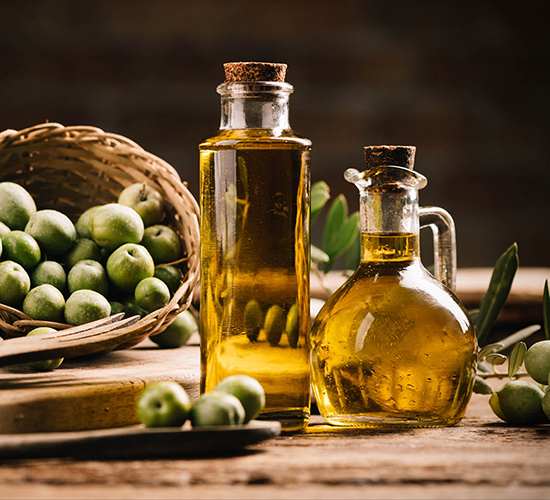
Olive oil is high in healthy fats and is a more natural product than vegetable oil, which is often bleached, deodorized, and refined. So go ahead and drizzle away!
2. Base your meal around vegetables and whole grains

You don't have to totally refrain from meat and dairy, however they should serve as a compliment to vegetables and whole grains instead of taking up most of your plate.
3. Eat nuts for protein
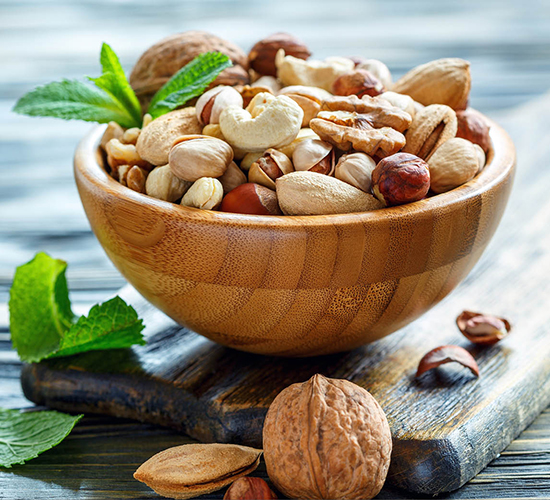
Hungry in between meals? Nuts like almonds, cashews or walnuts make an ideal snack to have on hand whilst Travelling and at home. Not only are nuts healthy and delicious, they are good filling forms of protein that will prevent you from reaching for that bag of chips.
4. Limit your sugar intake
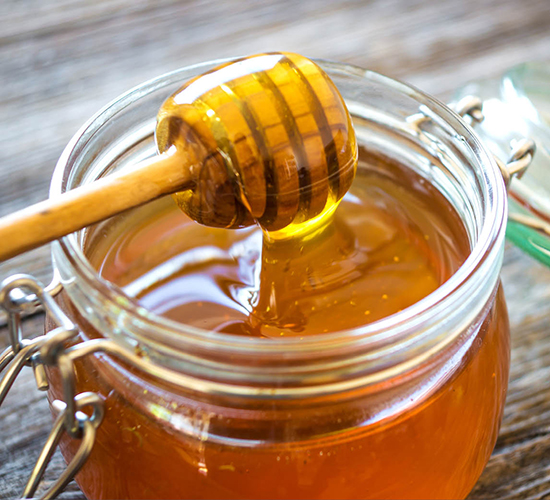
Maple syrup, honey and agave syrup make great healthy, natural sweeteners to add to almost any recipe. If you drink a coffee with sugar every day, try reducing the amount of sugar you add until you are no longer dependent on sugar to enjoy your cup. But of course everything is okay in moderation so a little bit of sugar won't hurt! Most importantly always choose a natural sweetener over artificial sweeteners.
5. Choose whole grains over processed grains
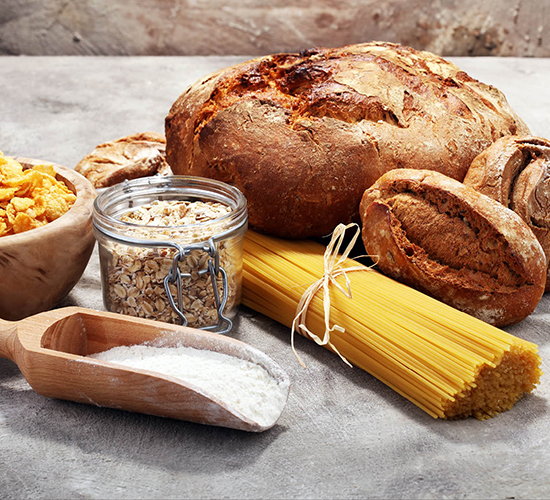
Quinoa, lentils, and farro are a few great, quick-cooking alternatives to processed pastas and breads.
